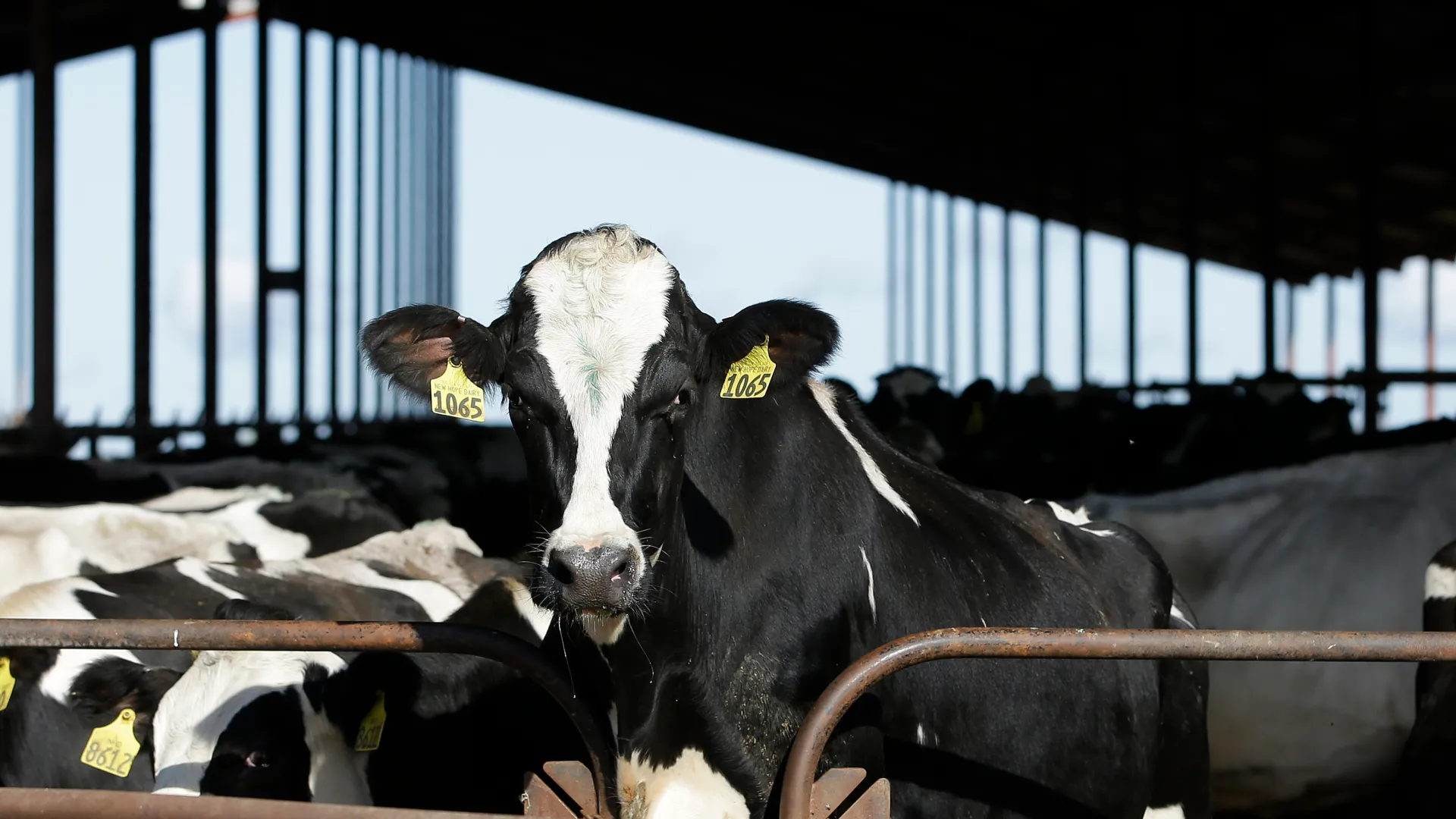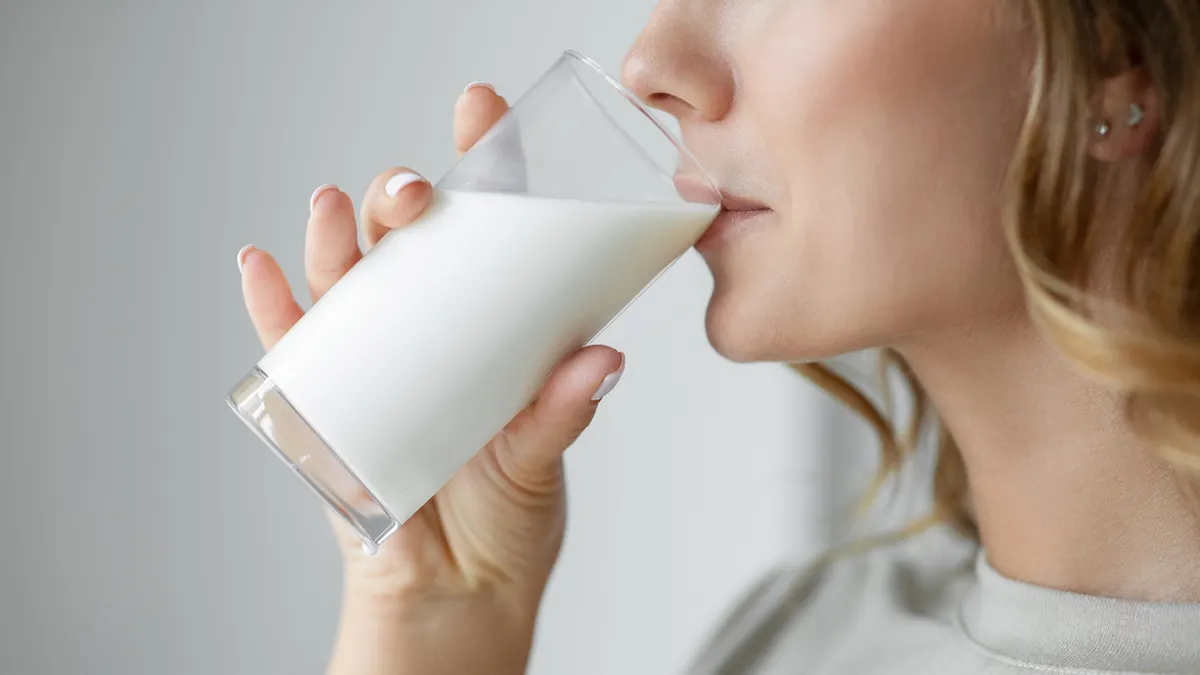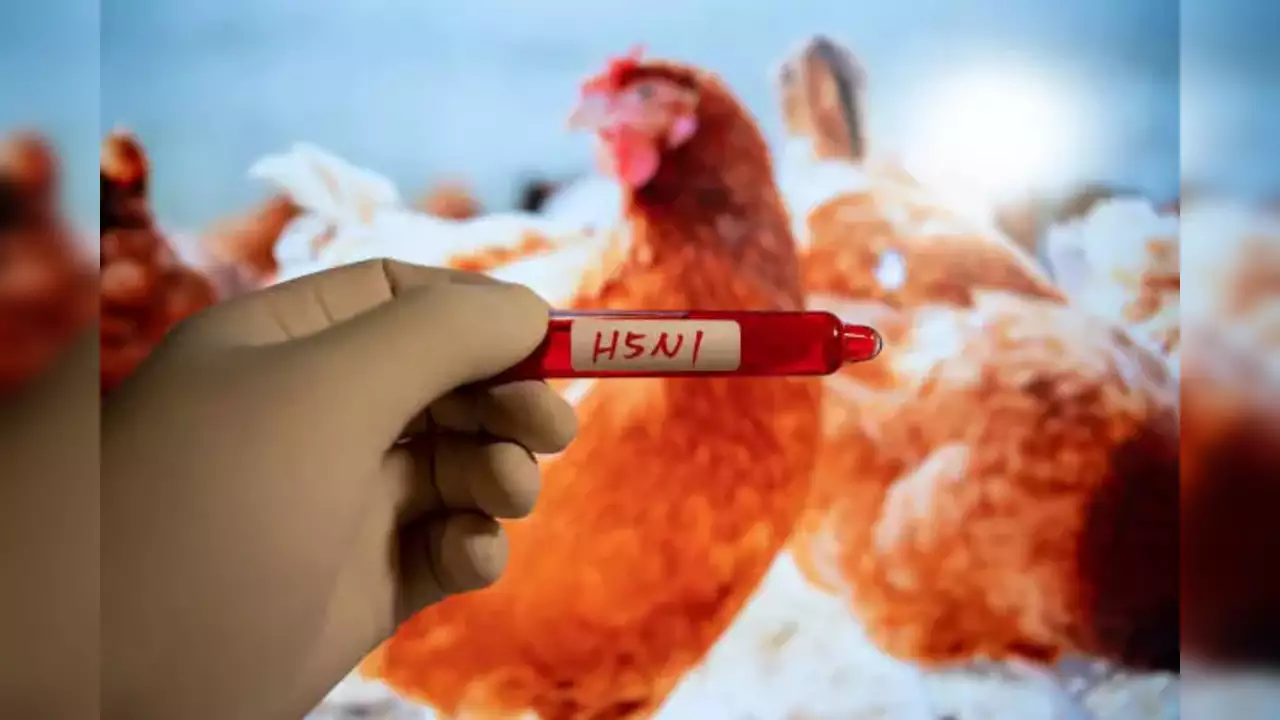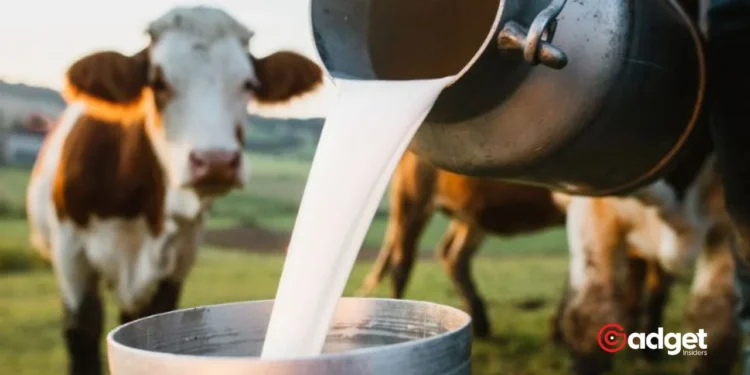In a startling revelation that has gripped the dairy industry and consumers alike, bird flu has been detected in pasteurized milk products across the United States. This news comes amidst an ongoing outbreak of avian influenza in American dairy cattle, with the virus showing no signs of abating. As the nation grapples with these developments, a pressing question emerges: Is cow’s milk still safe to drink?

Michael Payne, a researcher at the Western Institute of Food Safety and Security at the University of California, Davis, reassures, “Pasteurization equals safety. The science and technology of pasteurization have been keeping people safe since the 1860s.” This sentiment is echoed by the Food and Drug Administration (FDA), which continues to advocate strongly against the consumption of raw milk due to the risks associated with unprocessed dairy.
The Safety of Pasteurized Versus Raw Milk
The recent scrutiny isn’t just on pasteurized milk but extends to raw milk as well, which is known to bypass the pasteurization process. Raw milk can harbor a variety of pathogens capable of causing severe health issues, as evidenced by multiple incidents across the states. Despite this, raw milk retains popularity, buoyed by studies suggesting potential health benefits like reduced risk of respiratory infections and allergies. However, these benefits are overshadowed by the risks of serious infections, prompting ongoing debates about its safety and legality.
Hi- drinking raw milk is a bad idea irrespective bird flu and there is currently 0 evidence that drinking milk with H5N1 (or antigenic components thereof) in it will confer protection from actual H5N1. https://t.co/Yx4gwomAqu pic.twitter.com/L27qwJnQ1Q
— Edward Nirenberg 🇺🇦 (@ENirenberg) May 13, 2024
The recent findings from the FDA have somewhat quelled the immediate fears regarding pasteurized milk. In a comprehensive study involving 297 commercial dairy products from 38 states, no live H5N1 bird flu virus was found in the pasteurized samples, confirming that the standard pasteurization process effectively inactivates the virus. This conclusion offers a sigh of relief to consumers but also emphasizes the need for vigilant monitoring and stringent safety practices in the dairy industry.

The Broader Implications for Dairy Safety
The presence of bird flu in cattle and its implications for dairy production are alarming. It has unveiled a new disease presentation within cattle, challenging researchers and dairy safety experts to adapt swiftly to understand and mitigate this threat. “Thus far, all of our laboratory and epidemiologic investigations indicate that it is extremely difficult for a cow to pass the virus to a human,” reassures Payne.
Yet, the scenario is different for raw milk, which has been linked to several cases of disease transmission in animals and poses a hypothetical risk to humans, though no direct transmission has been confirmed. This situation highlights the ongoing need for critical research and public education regarding the safety of dairy products in the context of evolving agricultural challenges.

Addressing Milk Safety Amid Bird Flu Concerns
As the dairy industry and regulatory bodies like the FDA continue to study and address the risks associated with bird flu in dairy products, the message remains clear: pasteurization is crucial for ensuring the safety of milk. While the debate over raw milk continues, the current findings strongly support the benefits of pasteurization in protecting public health.
For those navigating the complex choices about milk consumption, the evolving data on bird flu underscores the importance of informed decision-making based on science and safety protocols. As the industry adapts to these challenges, the safety of milk remains paramount, ensuring that consumers can continue to enjoy dairy products with confidence amidst these turbulent times.










